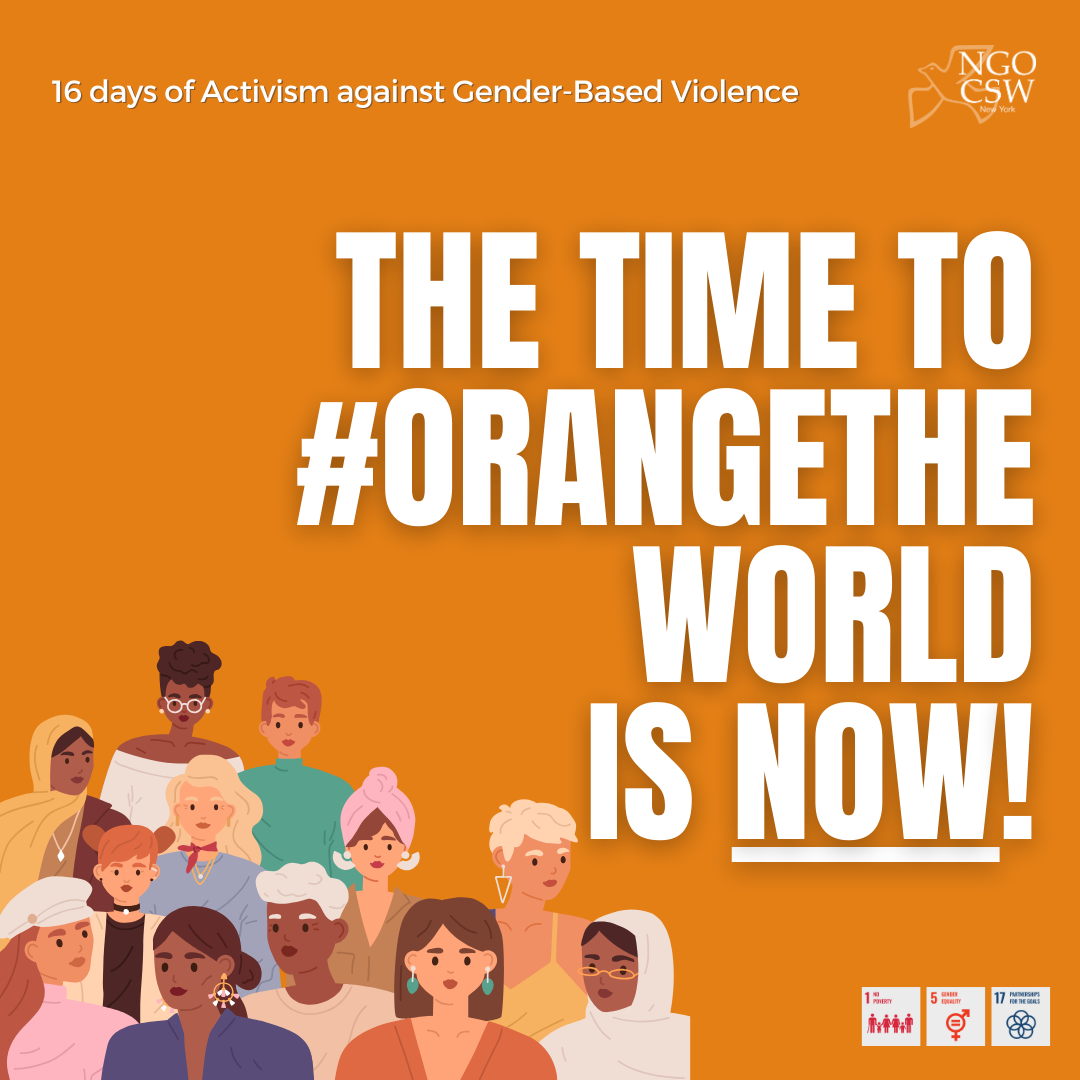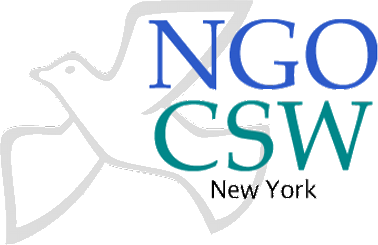
Nearly half of the world's population will experience menstruation at some point.
The World Bank estimates that as many as 500 million people across the globe lack access to basic menstrual products and clean bathroom facilities during their cycles. This has come to be known as “period poverty”, and it has serious impacts on people's health and livelihood.
Menstruation is rarely recognized as a trigger for gender-based violence (GBV) but menstrual equity and GBV prevention go hand in hand. In many communities, taboos and stigma around menstruation are linked to instances of violence toward women and girls. The ability of people who menstruate to manage their periods with dignity is impaired by issues of unemployment, poverty, gender stereotypes, and harmful social norms. Global economic stressors trickle down to impact menstruating individuals by placing them at greater risk for a gendered form of economic violence tied to menstrual cycles. This can occur when funds to purchase menstrual products are withheld by a patriarch, partner, or parent, or when individuals lack an understanding of menstrual products as essential.


